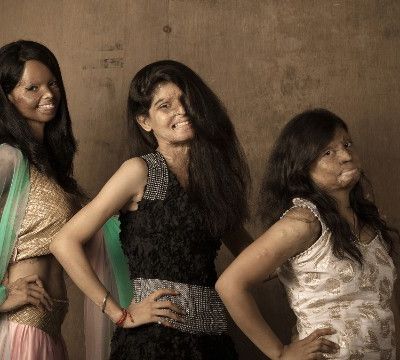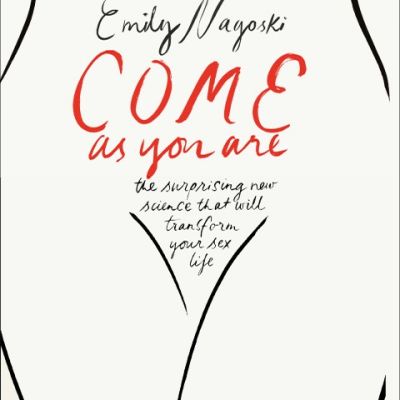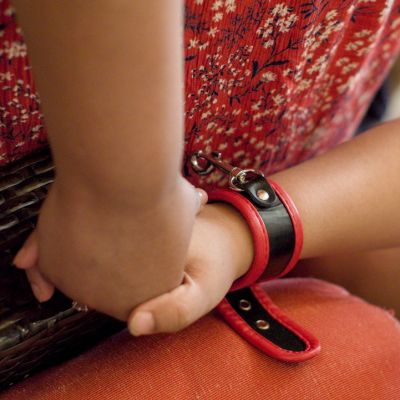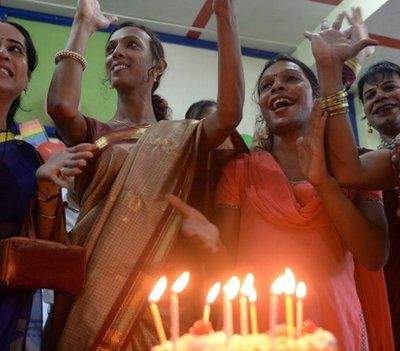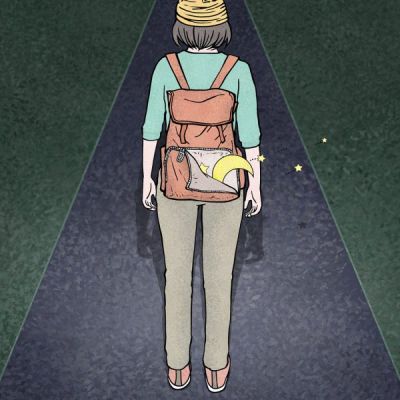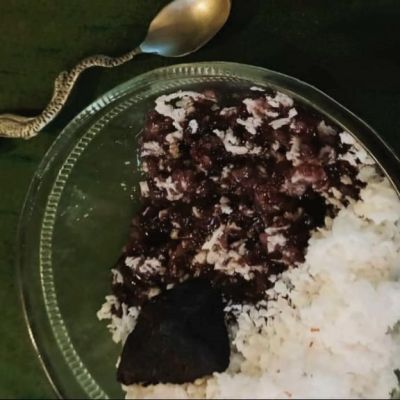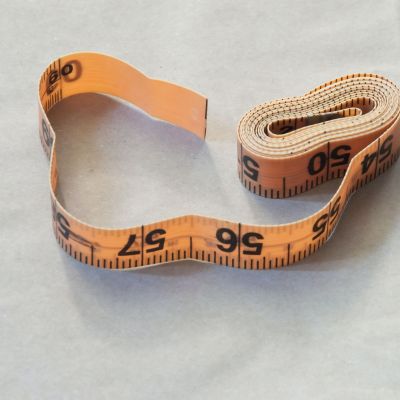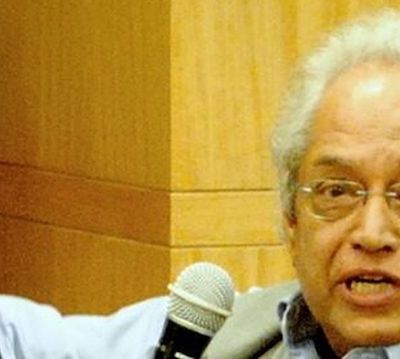Body
[slideshow_deploy id=’6065′] The following photographs question our notions of beauty and an ‘ideal’ body. Rahul Saharan shot a series of…
The story is so well told and is written with such a light, deft hand that it is almost easy to miss what makes it so quietly radical. To review it within the scope of exploring the coming together of literature and sexuality we must begin with its central cast of characters – the widows.
You should venture to read Emily Nagoski’s book, Come As You Are in public. Not because you want to make…
Our bodies become the form and medium through which we present ourselves to the outside world, engage with it, interact with it, perceive it and are perceived by it.
Our bodies become the form and medium through which we present ourselves to the outside world, engage with it, interact with it, perceive it and are perceived by it.
The medical ward is often continuous with the world around it. One would like to think of it as an…
This piece attempts to think about how bodies are produced and circulate in moving registers and discourses, chiefly around the question of representation.
[slideshow_deploy id=’6158′] I remember the first time I learnt of menstruation as a ten year old. One of our friends…
We are led to question what ‘safety’ really is: Will it be guaranteed by going gently, if at all, into that good night? Is it at all possible to freely and safely explore who we are and the world in which we live?
Through the rituals of cooking, prayers and sharing our complaints of menstruating, we came together to give space and hold space for each other.
The simple truth is that my body and I are having an affair. We each obsess about the other, ask questions and desire each other so much, that it often borders on the shameless. My body is more in love with me, I suspect, than the other way around.
“I was not a wanted child. Of course I am a girl, and that explains it. It’s like no one really cares if I exist. My brothers are useless, but they are everything to them(her parents). It’s not like he (her lover) needs me either; I still take food for him everyday.”
The short-lived thinness had left me before I knew it. I became fat, and thereby undesirable, once again. A chasm appeared in my relationship with my body. Its ways of responding had become strange. My form became unfamiliar to me, and to those around me.
Kakar talks about the divide between Ayurveda and modern medicine, Freudian psychoanalysis and Indian metaphysics, and the fault lines between colonialism, religion and sexuality.

